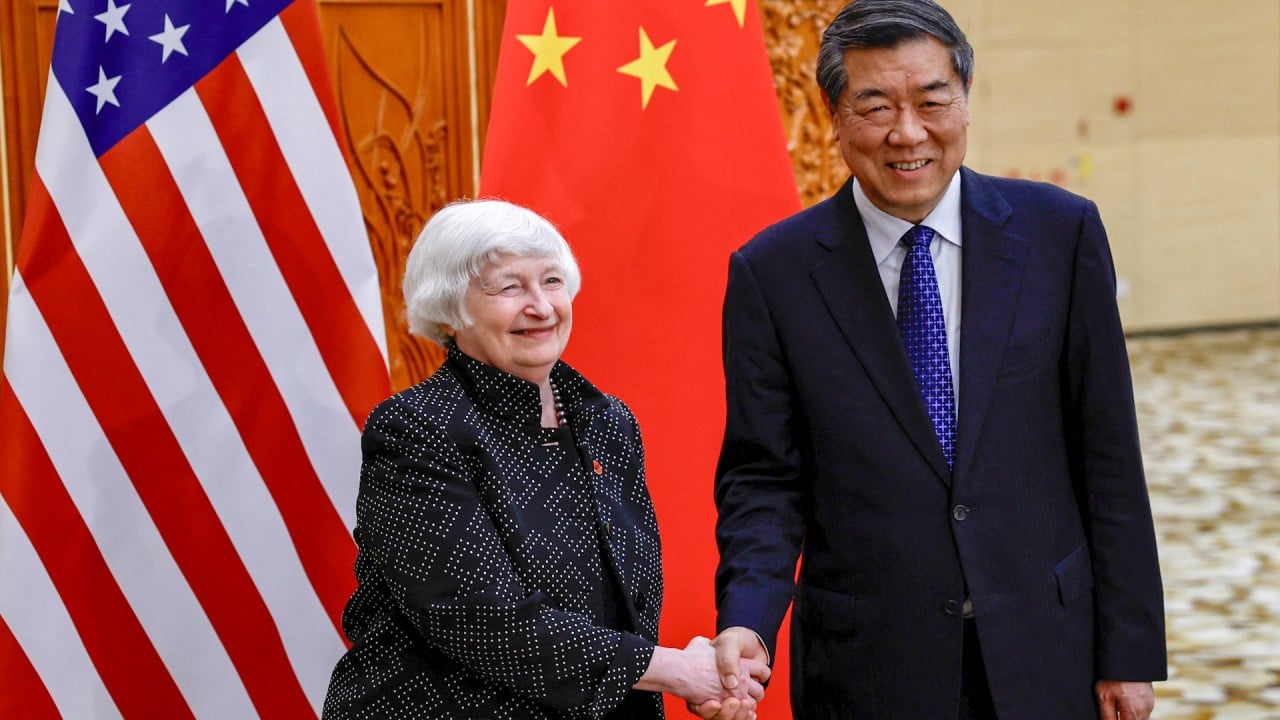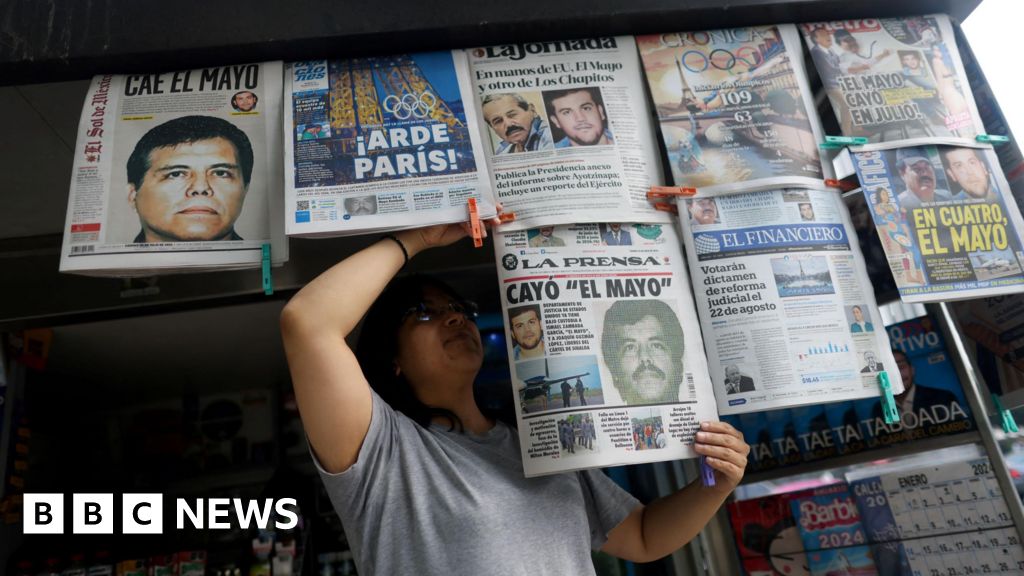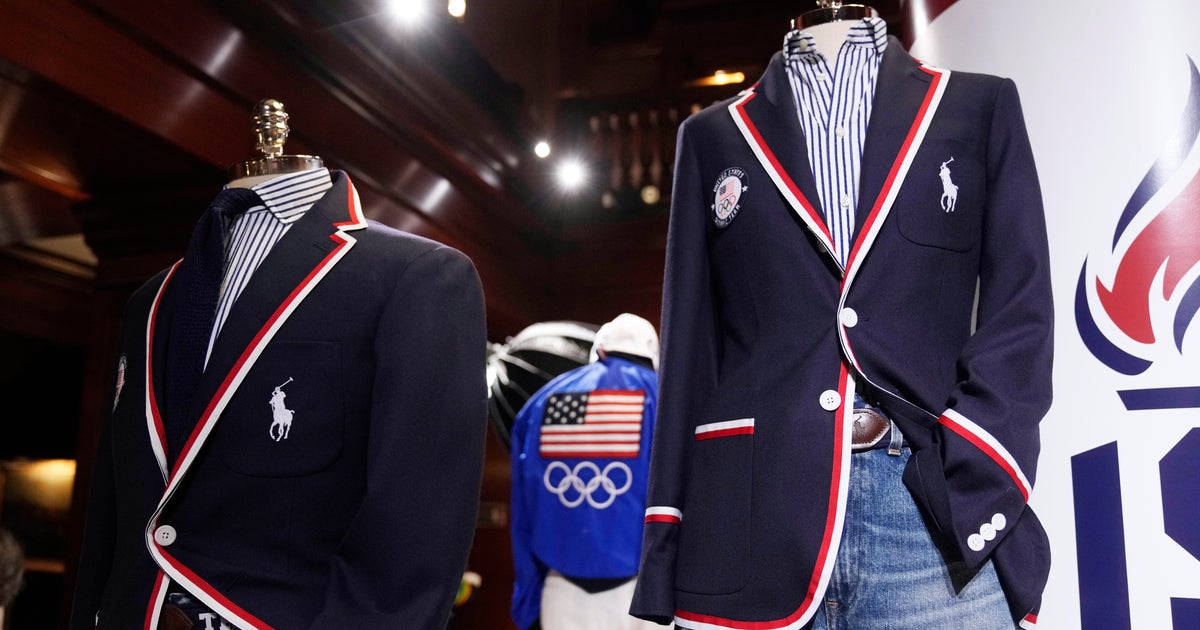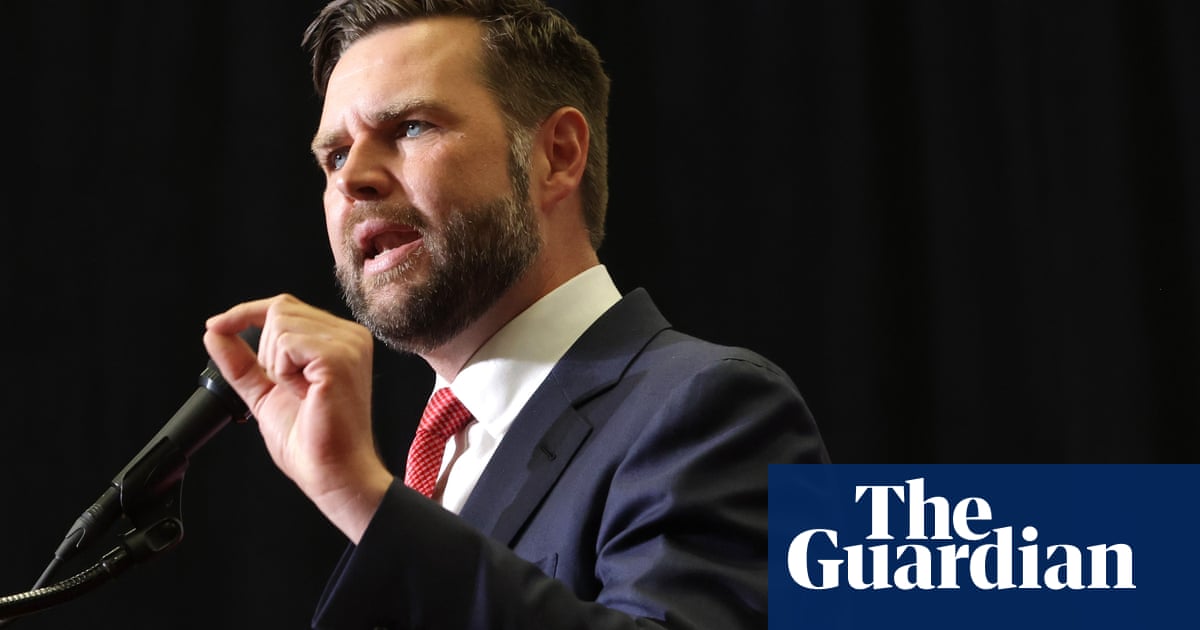World
US set to hit China EVs, strategic sectors with tariffs: reports

US President Joe Biden’s administration will announce as soon as next week plans to sharply raise import tariffs on Chinese electric vehicles and a range of other goods related to the new energy economy, according to US media reports.
Following its review of Section 301 tariffs originally put in place by the administration of former president Donald Trump in 2018, the US Trade Representative office (USTR) is expected to raise the tariff rate on EVs from China to roughly 100 per cent from a rate of 27.5 per cent, The Wall Street Journal reported.
Citing people familiar with the situation, the Journal reported that critical minerals from China would also be targeted, without specifying the new rate.
In addition to the EV tariffs, Bloomberg reported, USTR will also hike tariffs on batteries and solar cells, while other existing China levies from the Trump years, on some US$300 billion worth of goods, are expected to remain intact. An announcement would likely be made on May 16, it said.
Existing tariffs on Chinese EVs include a 2.5 per cent levy on all autos imported to the US.
While the Biden administration has not yet confirmed the plan, some of the president’s top economic officials have signalled their concern about manufacturing overcapacity in China, and the possibility that the overflow could flood American markets.
During her visit to China last month, US Treasury Secretary Janet Yellen called on her counterparts to address the country’s industrial overcapacity issues, particularly in new-energy vehicles and solar modules.
On Wednesday, in testimony to the House Appropriations Committee, Commerce Secretary Gina Raimondo voiced concern that, in response to slowing economic growth, China could boost its percentage of global manufacturing output to 60 per cent from “about 30 per cent” now. She signalled that a response was on the horizon.
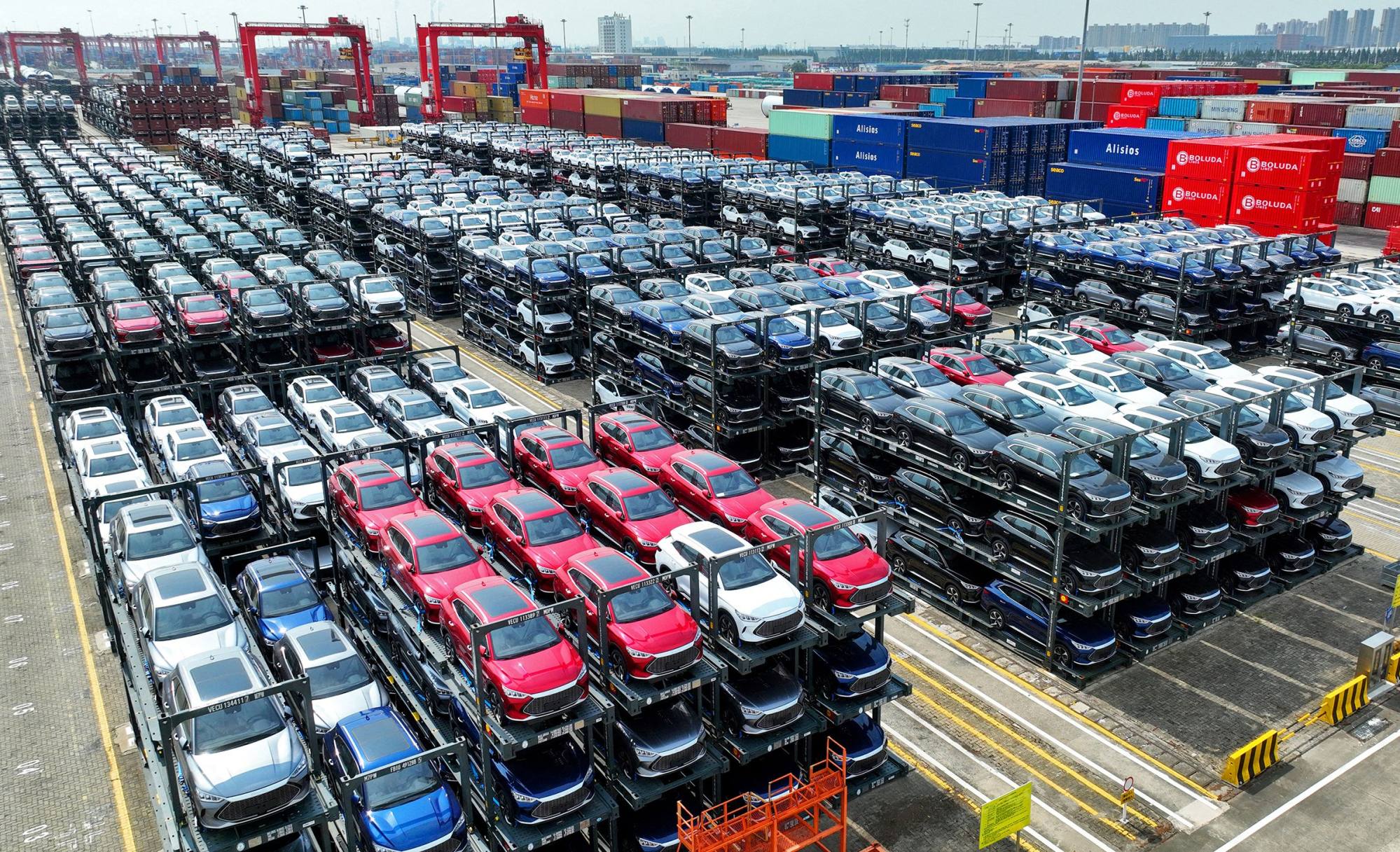
“It’s … no secret that [the Chinese government’s] strategy is to crank up production,” she told the lawmakers. “I worry greatly about the possibility that they … dump their cheap products, whether it’s electric vehicles, legacy semiconductor chips, critical minerals – the list is long.
“We’re working very closely with [the US Trade Representative office] to try to identify where are we most vulnerable and what actions could we take,” Raimondo added.
While a substantial tariff hike on Chinese EVs appears significant, the move does not come as a surprise given the Biden administration’s recent messaging, and will not change much since imports of the products from China to the US are largely non-existent, said Mary Lovely, a senior fellow at the Peterson Institute for International Economics.
Lovely noted that EV battery and critical mineral imports from China already face non-tariff restrictions.
Under the Inflation Reduction Act signed by Biden, to get the maximum US$7,500 tax credit for new and US$4,000 for used electric vehicles, at least 40 per cent of the minerals used in EV batteries – including cobalt, lithium, graphite and nickel – must be extracted and processed in North America or at least not from a “foreign entity of concern”.
That will “Balkanise” supply chains and push Chinese manufacturers to set up factories in countries that are not subject to tariffs and other restrictions, Lovely said. “It’s like putting more protection on protection, and that’s why I think some of it is going to be called a bit performative.
“They’ll jump the tariff wall by investing in foreign markets,” she said. “You already see the Chinese looking to build a factory in Hungary. So that’s how they’ll get around these very high tariffs, just like the Japanese did in the 1980s.”
Chinese battery manufacturer Contemporary Amperex Technology is building a €7.3 billion (US$7.9 billion) plant in Hungary with plans to launch production next year, according to a paper by the think tank Centre for European Policy Analysis.
“The US industry will certainly welcome tariffs on Chinese EVs that basically give them a fully protected market,” Lovely said. “The problem is going to be: who’s going to make affordable EVs?”

